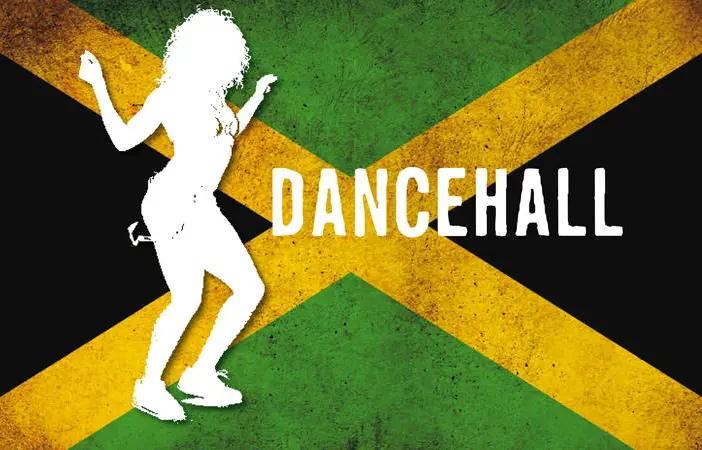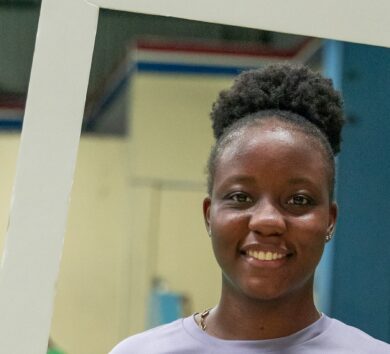

The ever-changing musical landscape of Jamaica’s Reggae sub-genre begs the question, ‘Is the business of dancehall/dancehall music moving in the wrong direction?’
With several new kids on the block, the emergence of the new era, trap dancehall, has arrived.
While this sound may be what’s in vogue, mixed reviews have been shared on whether the genre is independently self-sufficient.

Our Today spoke with both Joelle Powe, Jamaican documentary filmmaker, researcher and writer, as well as Donna P. Hope, Professor of Culture, Gender and Society at the University of the West Indies (UWI).
They two, experienced in assessing the dancehall genre, shared opposing views on the matter.
Powe, when asked about the business of dancehall, noted that those within the genre should be aiming to turn a profit.
“As a business, Dancehall’s aim should be to make as much money as possible and have as many Jamaican artistes be at the forefront of popular music on the global stage,” she said.

With a long-existing culture of creating materials specific to Jamaica, the music has become more about artistic expression than a way to make a living. In addition to this, Powe stated that, by limiting dancehall to the Jamaican lifestyle, somewhat of a barrier has been created for those unexposed to the culture, which in turn hinders the business’ success.
“So, as the dancehall lyrics speak more frequently about scamming and violence, this is simply a reflection of Jamaica’s present situation.
The music is moving in the right direction in the sense that it is continuing to articulate Jamaica’s challenges and situation, but perhaps we might say that, as a business, as dancehall music becomes more about struggles particular to Jamaica, it is moving in the ‘wrong direction’ as fewer internationals will appreciate it, and therefore profits will not be maximised,” she explained.

In the meantime, Professor Hope stressed that music is not for the love and the likes, as is often suggested. Instead, she believes artistes who enter the industry aim to earn a living and, in this day and age, have excelled in the business aspect of the genre.
“I believe that the music business, of which dancehall is a part, is doing very well and the artistes are making moves not just locally but also regionally and internationally and are having collaborations, getting a lot of attention form their peers and also finding different ways to monetise their brand beyond the actual music product,” Professor Hope told Our Today.
Sharing several indications of the business of dancehall’s progression – owning more of their [artistes] intellectual property rights, earning higher percentages of their royalties, involvement in the navigation process, understanding technology and monetising their brand – Hope listed some of the genre elite’s as notable examples of the latter.

“For example, I see Spice as one of the groundbreakers in that area and remember that she came out of Vybz Kartel’s stable… he was running a club, he had a line of shoes, he had cake soap, he had a reality series. He was monetising his brand in different ways, using the kind of visibility from his career as an artiste,” she said.
Speaking on Spice, the UWI Professor noted several of her business ventures, for example Graci Noir, Faces and Laces and her feature in Love and Hip Hop Atlanta, which she explains is enough “to carry her in a direction to stay at home and earn and money”, encouraging other artistes to follow suit in building their brand beyond the stage.
She also regarded Alkaline’s New Rules Fest and Popcaan’s Unruly Fest as monetising their brand.

Delving into the value of digital rights, she explained that artistes today are more knowledgeable about technology [streaming] and with a know-how on navigation processes, more middlemen can be eradicated, leading to a higher collection of revenue on the part of the artiste.
“They ensure that they own the intellectual property and that’s something that a lot of our artistes from this generation are very savy about.
They [artistes]… are clear on getting their share, and it is also that a lot of the middlemen have been eradicated from the process. This means that a lot of artistes are able to grasp a lot of percentages of the royalties,” Professor Hope explained.







Comments